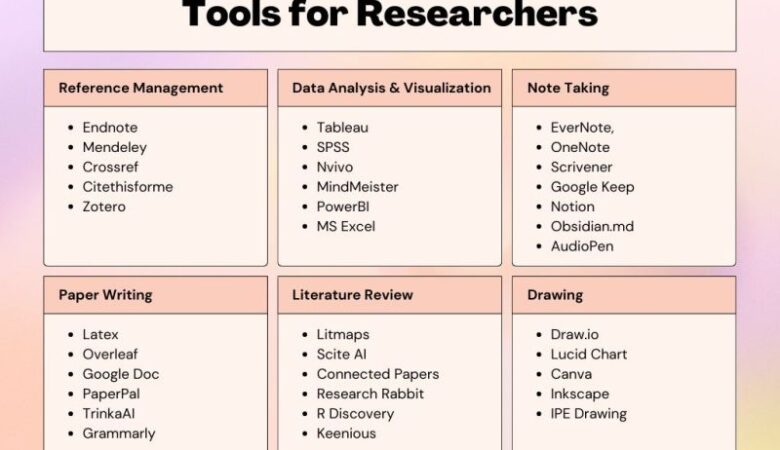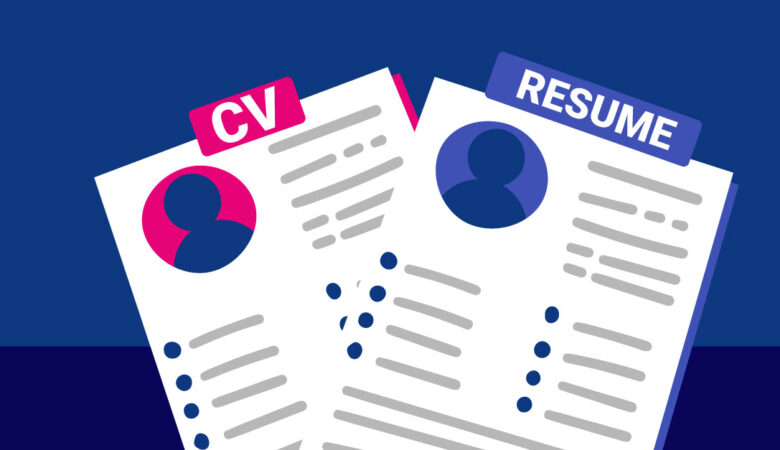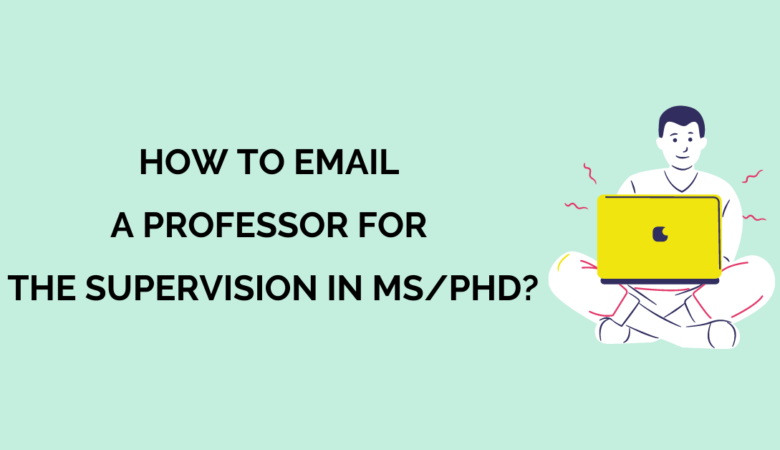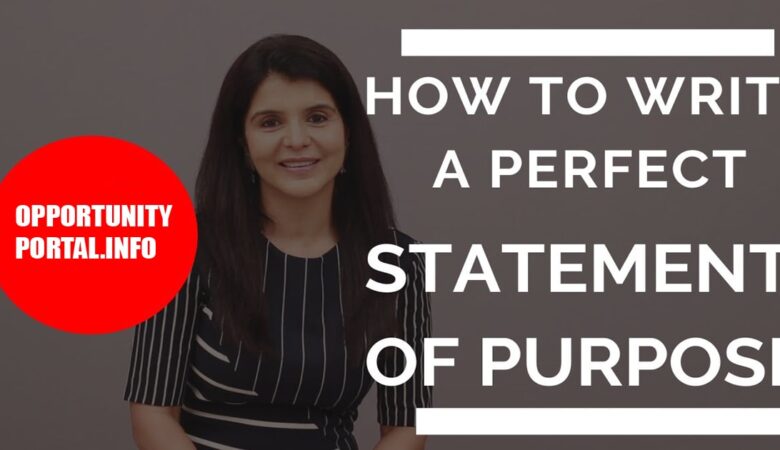In this guide, we will delve into the art of crafting an impactful email to a professor for research purposes. This essential skill is crucial for students and aspiring researchers looking to establish meaningful connections with academic mentors. A well-crafted email can make all the difference in grabbing a professor’s attention and initiating a productive and successful research collaboration.
Communicating effectively with professors is a fundamental aspect of academia, especially when reaching out for research opportunities. Crafting an email that showcases your professionalism, enthusiasm, and dedication to the subject matter is paramount. To outrank other websites on Google and ensure your message stands out, consider the following steps:
Also Check: Asia Pacific University Japanese Government Scholarship 2024 (Fully Funded)
Step 1: Research Thoroughly
Before composing the email, dedicate time to thoroughly research the professor’s work, research interests, and recent publications. We suggest exploring the professor’s official webpage, department profile, and Google Scholar citations. This research will demonstrate your genuine interest and help you tailor your email to align with their expertise.
Step 2: Address Appropriately
Begin the email with a respectful and courteous salutation. Address the professor using their appropriate title (e.g., Dr., Professor) followed by their last name. Avoid using generic greetings like “Hey” or “Hi” as they can come across as unprofessional.
Step 3: Compose a Clear and Concise Subject Line
The subject line is the first thing a professor will see in their overflowing inbox. Craft a subject line that clearly and succinctly conveys the purpose of your email. Be specific and avoid vague or misleading titles. For instance, use “Inquiry About Research Opportunity in [Professor’s Field]” instead of “Research Question.”
Step 4: Engaging Introduction
The opening paragraph should introduce yourself briefly and mention any relevant affiliations, such as your university or academic program. Clearly state the reason for reaching out, whether it’s expressing admiration for their work, inquiring about potential research opportunities, or seeking guidance on a specific research topic.
Also Check: University of Tasmania Australian Government Scholarship 2024 (Fully Funded)
Step 5: Show Genuine Interest
Professors appreciate students who are genuinely interested in their work. Express your admiration for their contributions to the field and cite specific publications or research that resonated with you. Demonstrating that you have taken the time to understand their research establishes a strong foundation for your email.
Step 6: Explain Your Intentions
In the subsequent paragraphs, we recommend providing more details about your research interests, academic background, and any relevant experiences. Clearly articulate why you believe their mentorship or collaboration would be invaluable for your academic journey. Be authentic and transparent in your communication.
Step 7: Showcase Your Qualifications
While it’s essential to demonstrate enthusiasm, it’s equally important to showcase your qualifications and skills. Highlight any relevant coursework, research projects, or extracurricular activities that align with the professor’s research interests. Emphasize your passion for learning and commitment to excellence.
Step 8: Be Respectful of Their Time
Remember that professors are busy individuals with numerous commitments. Keep your email concise and to the point. Avoid unnecessary flattery or exaggeration. Respect their time by organizing your email into well-structured paragraphs with clear content.
Also Check: University of Waterloo Canada Scholarships 2024 (Funded)
Step 9: Proofread and Edit
Spelling errors and grammatical mistakes can undermine the professionalism of your email. We strongly advise proofreading the email multiple times and using grammar-checking tools to ensure it is error-free.
Step 10: Gratitude and Polite Closing
In the concluding paragraph, express gratitude for their time and consideration. Politely request the opportunity to discuss further details or schedule a meeting. End the email with a professional sign-off, such as “Sincerely” or “Best regards,” followed by your full name.
Sample Email
Subject: Inquiry about Your Research Work and Potential Collaboration
Dear Professor [Professor’s Last Name],
I hope this email finds you well. My name is [Your Name], and I am a [Your Current Position or Educational Background] with a strong interest in [Your Field of Interest]. I have been following your research work closely and have been impressed by the significant contributions you have made in the field of [Professor’s Research Area].
I am particularly intrigued by your recent publication on [mention the specific research paper or topic]. The depth and novelty of your findings have inspired me to delve deeper into this subject. As I explore potential research opportunities, I couldn’t help but wonder if there might be any chance for me to collaborate with you on your ongoing or future projects.
I believe that your expertise and knowledge would be invaluable in guiding me towards fruitful research directions. Moreover, I am genuinely enthusiastic about contributing to the advancements in [Professor’s Research Area], and I am confident that our collaboration could lead to meaningful breakthroughs.
If you would be open to discussing the possibility of working together or if you have any ongoing research projects that I could assist with, I would be honored to explore the opportunities further. I am more than willing to provide any additional information or materials you may require to evaluate the potential for collaboration.
I understand the demands on your time, but I would be thrilled to meet for a brief chat or video call at your earliest convenience to discuss this further. Please let me know if such a meeting is possible, and I will adjust my schedule accordingly.
Thank you for considering my request, and I look forward to the possibility of collaborating with you. Your mentorship and guidance would undoubtedly be a transformative experience for my academic and research journey.
Looking forward to hearing from you.
Sincerely,
[Your Name] [Your Contact Information: Email Address and Phone Number]
Conclusion
Crafting an effective email to a professor regarding research requires thoughtful preparation and attention to detail. By conducting thorough research, addressing the professor appropriately, composing a clear subject line, and showcasing genuine interest, you can significantly increase your chances of success. Remember to demonstrate your qualifications and respect the professor’s time while maintaining a polite and professional tone.
Please Subscribe to Our Telegram Channel And WhatsApp Channel To Get The Latest Scholarship Updates.
Please Check Out Our LinkedIn Company Page And LinkedIn Group And Get All the Latest Scholarships Updates.
Also Check: How To Send Emails To Professors For Acceptance Letters (+Example)







This is a good guide.